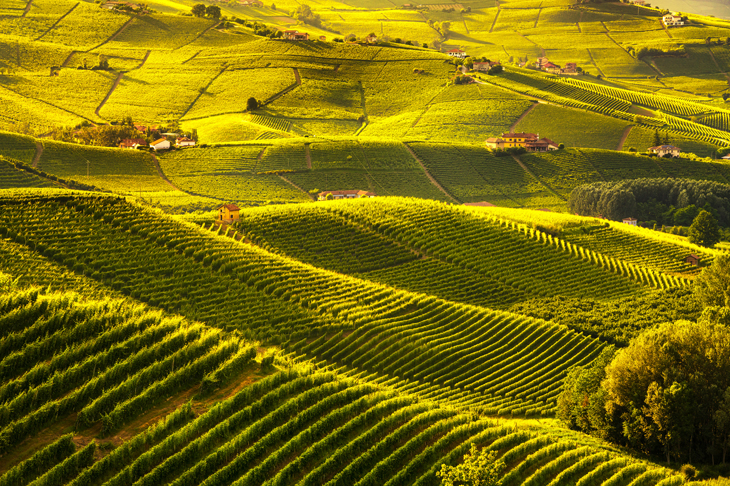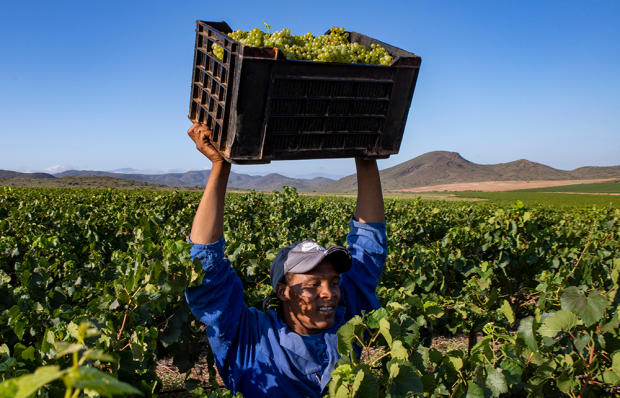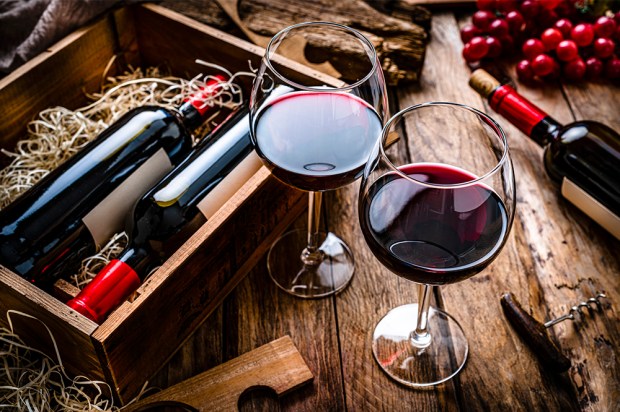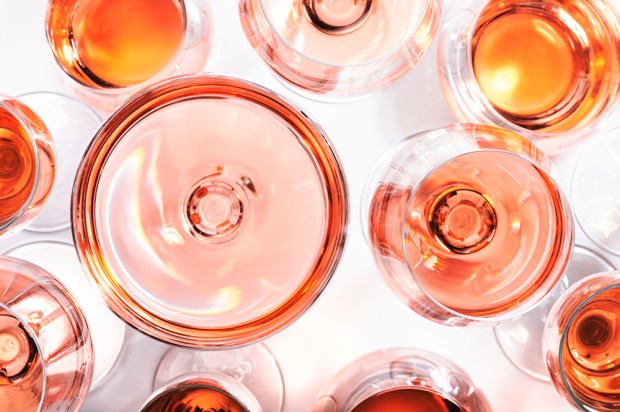It appeared to be an uneven contest. A few friends were meeting for a festive wine-tasting, to compare and contrast some interesting bottles. The clarets opened with an Angelus ’98, a superb wine from an outstanding year. In response, the Palmer ’04 seemed to be outgunned. But, gaining strength from a bit more time in the decanter, it became increasingly formidable.
Words and wine: there is an unceasing struggle to translate wine into language without falling into euphuism or pseudery. This time, I felt drawn to a naval image. In its growing power, the Palmer reminded me of that early scene from Sink the Bismarck! Amid the grey skies and waters of the Denmark Strait, the watcher from the Norwegian resistance spots an even more intense greyness, as the great warship scythes through the waves, on her way to destruction and doom.
I then realised why the bottle was beguiling me into martial language. It was a Proustian madeleine moment. Around 1990, I drank a lot of Palmer ’61 with Alan Clark. Virtually his house claret, it was considered the equal of the first growths from that annus mirabilis, and priced accordingly. Not long ago, a single case was sold for more than £50,000.
Yet I could never taste what the fuss was about. A good drop of stuff, certainly; you would not have kicked it out of the glass. But up there with Lafite, Latour, Mouton? No. My friend Robin Bomer, who has an enviable cellar and a palate to match, concurs in my judgment. I am about to write something which will condemn me to the oenophile equivalent of an auto-da-fé. I think the 2004 I tasted the other evening was better than the ’61 was. There: rank heresy.
Thinking about Alan seemed timely, especially apropos heresy. In that regard, he could go too far, to put it mildly. I always assumed that his professed admiration for Hitler was just an attempt to épater les bourgeois, which he always enjoyed. Alas, it may have been genuine. But when it came to geopolitics, no one was ever less beholden to the conventional wisdom. These days, it is harder to take that approach, for a simple reason. The conventional wisdom no longer exists. The conventions have all been flouted, and as for wisdom? That is nowhere to be found. In a world full of uncertainty and risk, the West is suffering from much the weakest political leadership ever.
There is only one consolation. In some circumstances, weakness can be strength. You are a bright young aide to President Putin and you identify some low-hanging ripe fruit in eastern Latvia: let us snaffle it. Putin asks how Trump will respond. There is only one honest answer: ‘I have no idea. He might say: “Where the fuck’s Latvia?” Alternatively: “Remember the last Miss World? Miss Latvia: that was one nice piece of ass. Get her round here.” Or would it be: “How dare they? Bring me the nuclear codes.”’ So the West’s stability may depend on Mr Trump’s instability: not a comforting thought.
Yet comfort is at hand. Barolo used to be an immensely long-lived wine. Still a stripling at 25, it might not hit maturity until 50. A wine that could stand up without the aid of a bottle, there was the fear that it would move from childhood to senescence without an intervening phase. These days, everything is different. There has been a risorgimento, and unlike the last one to emerge from Piedmont, this is an unalloyed good. Excellent new Barolo producers have learned to deal with Nebbiolo as if it were Pinot Noir. We had an ’07 from Giuseppe Mascarello e Figlio, which stayed in the ring with the clarets. Hew Blair of Justerini & Brooks knows as much about all this as anyone. The world may be in a terrible state of chassis, but Barolo gives us at least one reason for optimism, as we say ‘Happy New Year’.
Got something to add? Join the discussion and comment below.
Get 10 issues for just $10
Subscribe to The Spectator Australia today for the next 10 magazine issues, plus full online access, for just $10.
You might disagree with half of it, but you’ll enjoy reading all of it. Try your first month for free, then just $2 a week for the remainder of your first year.















Comments
Don't miss out
Join the conversation with other Spectator Australia readers. Subscribe to leave a comment.
SUBSCRIBEAlready a subscriber? Log in